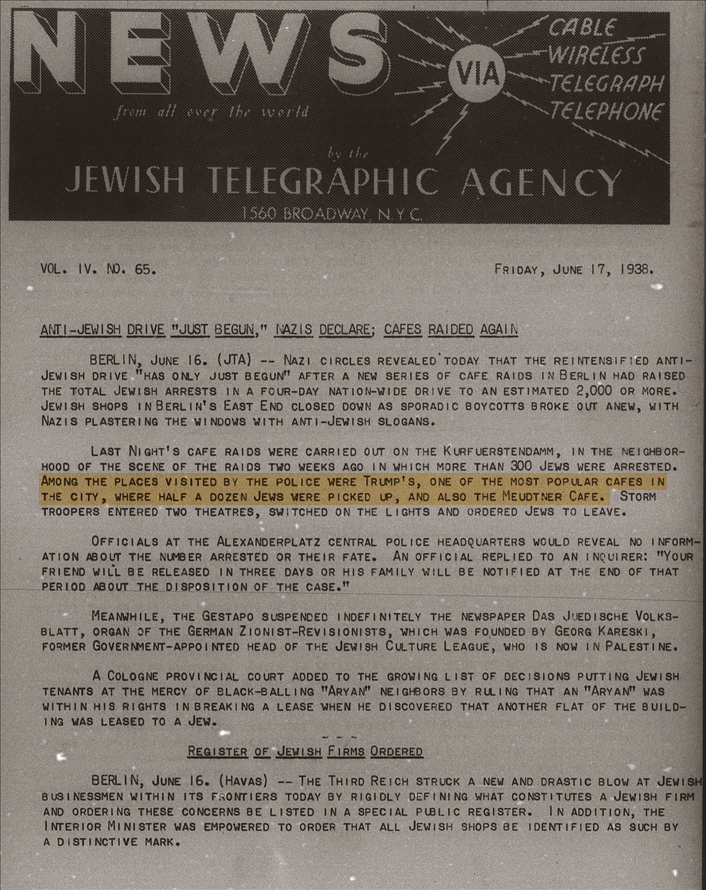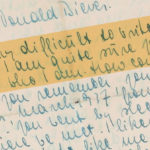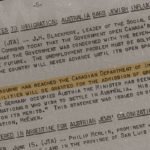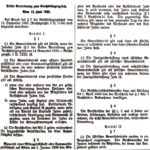Fear of free thinkers
National Socialist informers in the public sphere

-

“Among the places visited by the police were Trump’s, one of the most popular cafes in the city, where half a dozen Jews were picked up, and also the Meudtner Cafe.”
Berlin
On June 17, the Jewish Telegraphic Agency reports that in the last four days, the Nazi authorities have re-intensified their raids on cafés in Berlin and elsewhere in the country, which between June 13 and 17 have led to the arrests of 2,000 Jews. During the Weimar Republic, there had been a thriving Kaffeehauskultur—artists and intellectuals practically saw certain cafes as their homes, where they would spend half of their days and nights discussing art, literature, and politics. Under the Nazis, this phenomenon quickly disappeared; they suspected subversive activities among these free thinkers. The public sphere was infested with informers. By the time of the Juni-Aktion, in the context of which these raids were carried out, the original clientele had largely disappeared. Ostensibly, the raids were targeting “anti-social elements.” In fact, however, they constituted the first mass-arrest of Jews. The Minister of Propaganda, Joseph Gobbels, had summarized the intention with the pithy words: “Our password is chicanery, not the law.”
SOURCE
Institution:
Collection:
“Anti-jewish Drive ‘just Begun,’ Nazis Declare; Cafes Raided Again”

Source available in English












































